When venturing into the world of travel trailers, one term often surfaces with increasing frequency: “self-contained.” But what exactly does this mean in the context of a travel trailer? If you’re pondering this question, you’re not alone. In this article, we delve into the nuances of what constitutes a self-contained travel trailer, exploring its features, advantages, and comparisons to other types of trailers.
Definition of a Self-Contained Travel Trailer
At its core, a self-contained travel trailer is designed to provide full functionality without relying heavily on external utilities or services. These trailers incorporate fundamental elements that enable users to experience camping or traveling in a manner that’s both comfortable and versatile. Below are the critical features that characterize a self-contained travel trailer:
1. Integrated Water Systems
Self-contained trailers come equipped with a freshwater tank, allowing for independent water supply for drinking, cooking, and cleaning purposes. Often, these systems also include pumps and plumbing that circulate water throughout the trailer, providing convenience akin to that found in a traditional home.
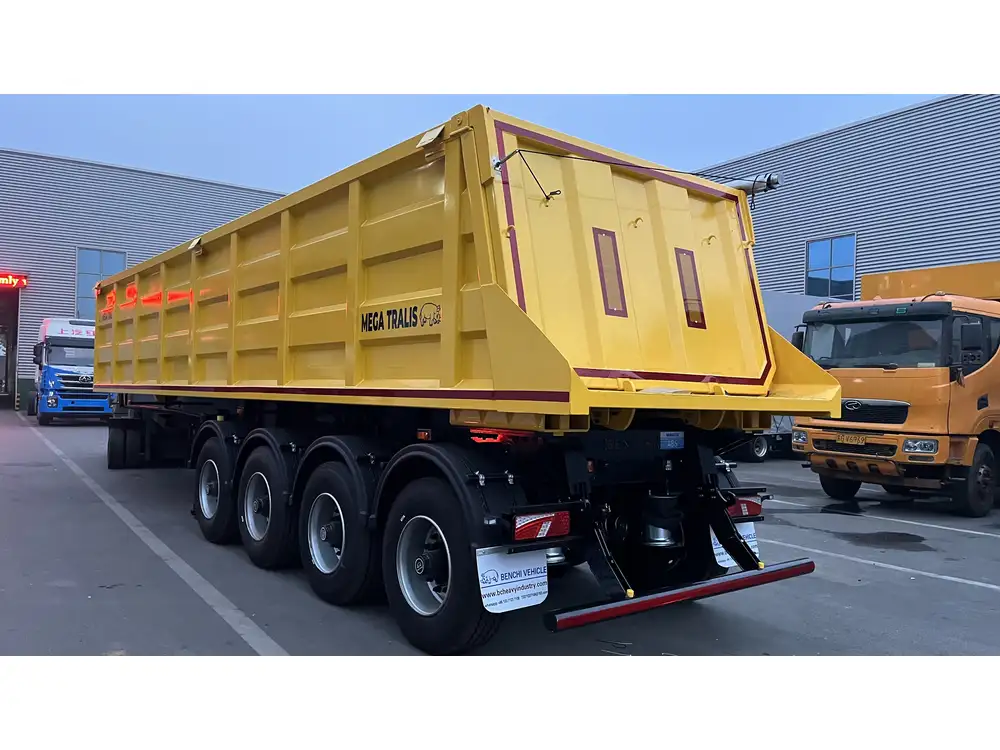
2. Waste Management
These trailers boast a built-in wastewater system, usually comprising a black water tank for sewage and a gray water tank for wastewater from sinks and showers. This enables campers to travel without immediate access to dump stations or bathroom facilities.
3. Cooking Facilities
Self-contained travel trailers typically provide kitchen facilities, including stoves, microwaves, sinks, and sometimes even ovens. This feature allows for meal preparation on the go, enhancing the overall camping experience.
4. Sleeping Accommodations
Many self-contained travel trailers come equipped with dedicated sleeping areas or convertible furniture that serve dual purposes. This allows for a cozy retreat after a long day of travel or exploration.

5. Heating and Cooling Systems
Climate control is essential for comfort during travels. Self-contained units often include heating systems for cold weather and air conditioning for hot climates, ensuring a pleasant environment regardless of external conditions.
6. Electrical Systems
Most self-contained travel trailers are equipped with a deep-cycle battery or a generator, providing power to operate appliances, lights, and other electrical systems. This setup reduces dependency on campsites with electrical hook-ups.
Advantages of Choosing a Self-Contained Travel Trailer
Opting for a self-contained travel trailer comes with myriad benefits. Here are several compelling reasons why these trailers can elevate your travel experience:

Increased Independence
With the essential facilities available within the trailer, adventurers can journey to remote locations without worrying about access to water, waste disposal, or cooking facilities. This independence opens up a world of exploration opportunities.
Convenience on the Road
Equipped with everything needed for a comfortable journey, self-contained trailers allow travelers to stop wherever they choose, without the need for constant planning around utility access. This ease of use means more spontaneity and adventure.
Cost-Effective Travel
By eliminating the need for hotel accommodations and dining out, self-contained travel trailers can save you money over time. The ability to cook meals in your trailer and the option to camp without additional fees further extends this savings.

Comfortable Living Conditions
Traveling in a self-contained trailer often mimics the comforts of home. This feature can be particularly advantageous for families or those who require specific living conditions, ensuring that domestic comforts are maintained.
Analyzing Different Types of Travel Trailers
While self-contained options have numerous advantages, it’s crucial to understand how they stack up against other types of trailers. Below is a comparative analysis of self-contained trailers versus other popular travel trailer types.
1. Self-Contained vs. Non-Self-Contained Trailers
| Feature | Self-Contained | Non-Self-Contained |
|---|---|---|
| Water Supply | Integrated systems | Dependent on external |
| Waste Disposal | Built-in tanks | Requires external access |
| Cooking Facilities | Fully equipped | Limited or absent |
| Climate Control | Installed systems | May lack heating/cooling |
| Independence | High | Low |

2. Self-Contained vs. Class A/B/C Motorhomes
| Feature | Self-Contained | Class A/B/C Motorhome |
|---|---|---|
| Cost | Generally lower | Generally higher |
| Size | Various sizes available | Varies but typically larger |
| Maneuverability | Generally lighter | Heavier |
| Maintenance | Simpler systems | More complex systems |
Common Considerations When Choosing a Self-Contained Trailer
When considering a self-contained travel trailer, several factors demand careful evaluation.
1. Size and Weight
Self-contained trailers come in various sizes, from compact models suitable for small cars to larger models designed for spacious living. Analyze the towing capacity of your vehicle to determine the right fit.
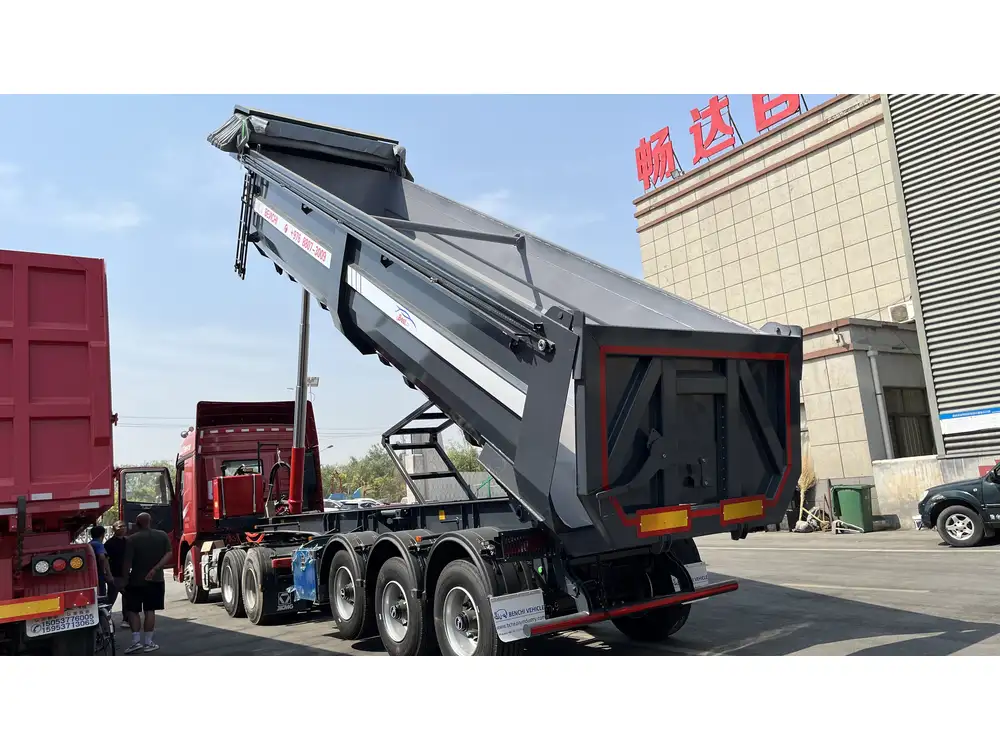
2. Layout and Design
Familiarize yourself with the interior layout, ensuring it aligns with your lifestyle needs. Consider storage solutions, sleeping arrangements, and kitchen amenities to enhance your living experience on the road.
3. Durability and Build Quality
Investigate the materials used in the construction of the trailer, as durability plays a significant role in longevity and performance. Look for warranties that reflect the manufacturer’s confidence in their product.
4. Price Point
Construct a budget that aligns with your financial comfort. Remember to take into account potential add-ons, such as insurance, maintenance, and upgrades, which can affect overall cost.

Understanding Maintenance for Self-Contained Trailers
Like any vehicle or living space, self-contained travel trailers require maintenance to ensure optimal performance. Here’s a structured list of maintenance points to consider:
1. Water System Care
- Regularly inspect water tanks for leaks.
- Flush your water system periodically to prevent build-up.
2. Waste Management Maintenance
- Empty black and gray tanks frequently to prevent overflow.
- Clean tanks with specialized solutions to maintain hygiene.
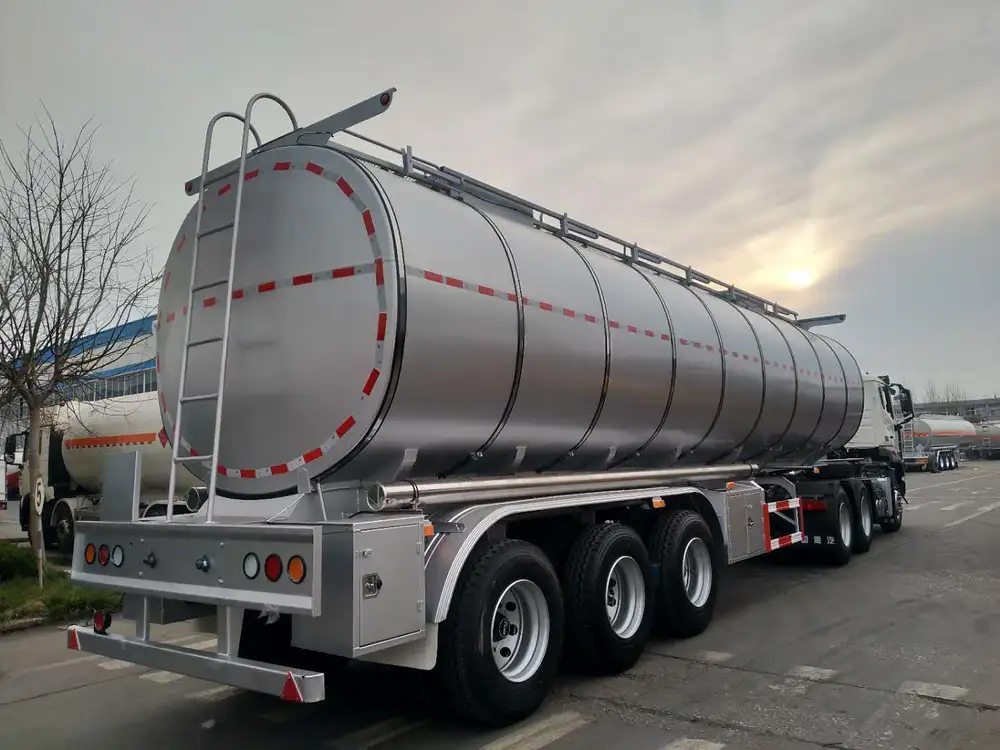
3. Appliance Functionality
- Test kitchen and heating appliances routinely.
- Ensure propane systems are functioning correctly and safely.
4. Structural Integrity
- Inspect for roof and seal integrity to prevent leaks.
- Check tires for wear and correct air pressure.
Preparing for the Trip
To fully enjoy the benefits of a self-contained travel trailer, planning your trip is crucial. Here’s a checklist to guide your preparations:
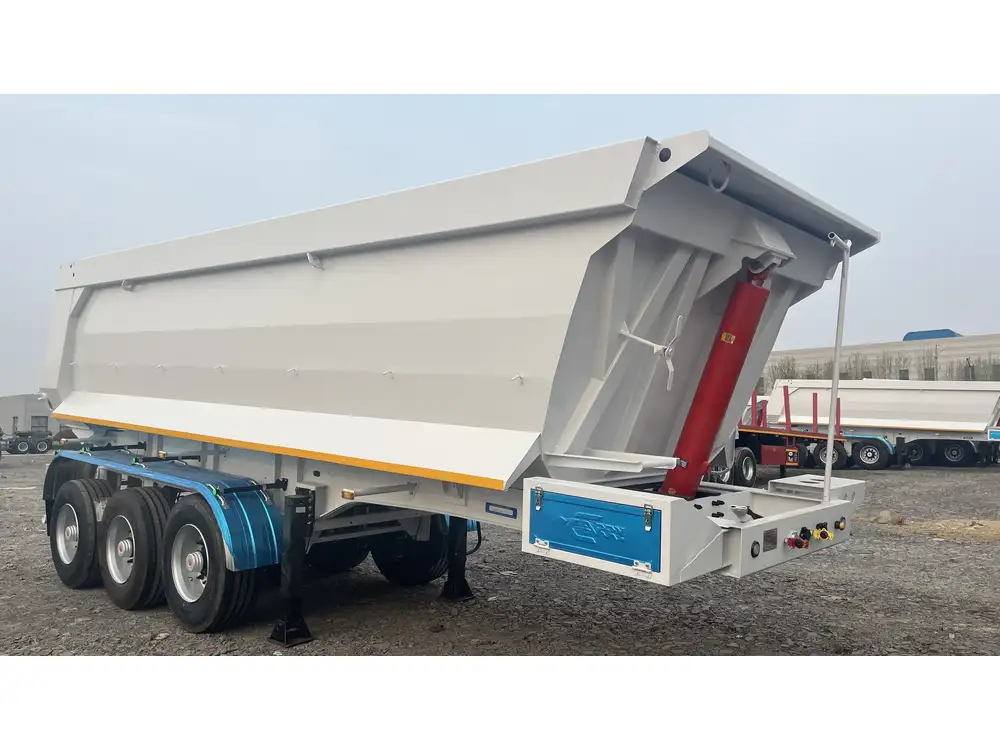
1. Route Planning
Identify potential stops or trails along your route, ensuring the accessibility of amenities and attractions.
2. Packing Essentials
Compile a list of essential items, from kitchenware to outdoor gear. Ensure to pack according to the available storage in your trailer.
3. Safety Checks
Conduct pre-trip safety checks, including brakes, lights, and coupling mechanisms, ensuring everything is in safe working order.

4. Familiarization with Trailer Systems
Before hitting the road, make sure everyone traveling is acquainted with how the various systems work, including the water and waste management systems.
The Road Ahead: Tips for Enjoying Your Self-Contained Trailer Experience
Traveling in a self-contained travel trailer can transform your adventure into a journey of comfort and exploration. To maximize your experience, consider these actionable tips:
1. Regular Stops
Break up long stretches of driving with frequent stops to stretch your legs and check on your trailer’s systems.
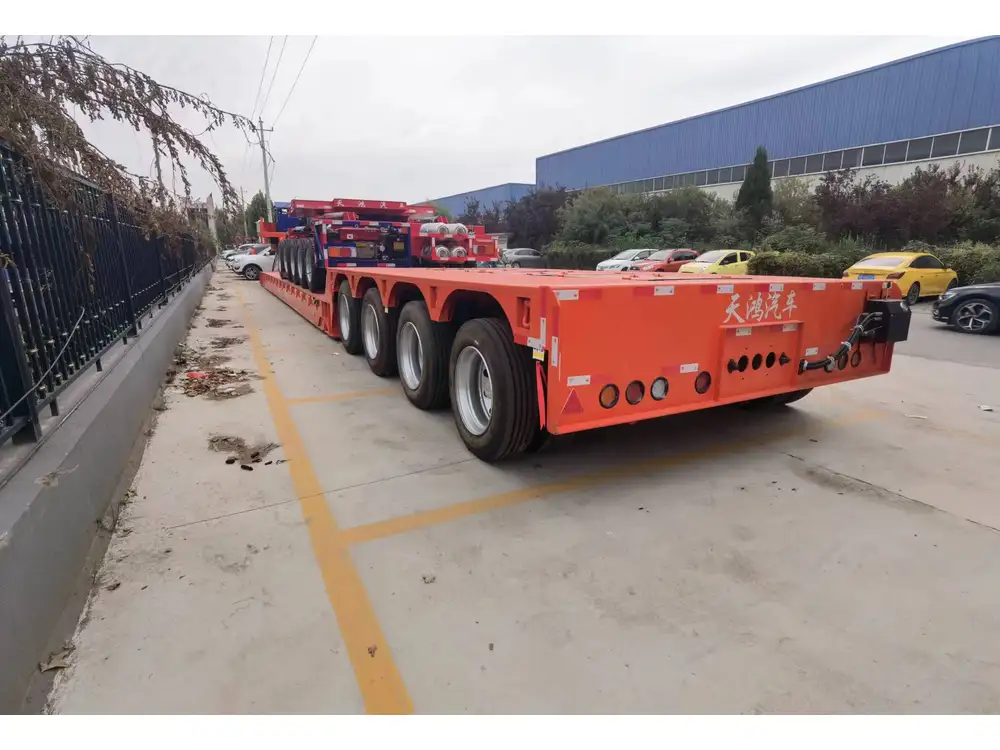
2. Engage with Fellow Travelers
Being part of the RV or travel community can enhance your experience. Socializing with fellow travelers can lead to new friendships and insider tips on the best routes, campsites, and attractions.
3. Leave No Trace
As stewards of the environment, it’s vital to practice responsible camping. Adhere to Leave No Trace principles to preserve the natural beauty of your travel destinations.
4. Flexibility in Plans
While it’s essential to have a plan, remain flexible enough to allow spontaneous adventures and stops that may catch your interest.
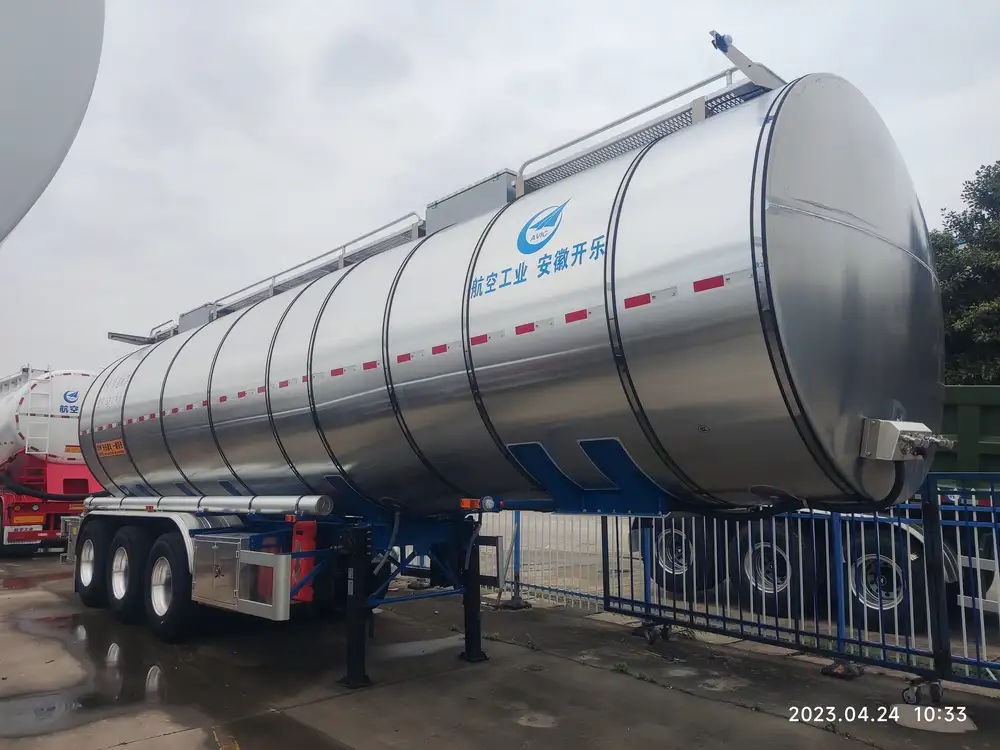
Conclusion: Embrace the Self-Contained Experience
Navigating the world of travel trailers may seem daunting at first, but understanding the ins and outs of self-contained models can significantly ease your journey. From enhanced independence to the joy of camping coupled with home comforts, self-contained travel trailers provide an exceptional experience for adventurers looking to explore the great outdoors. As you embark on your travel trailer journey, remember the importance of planning, practicing responsible travel habits, and maintaining your trailer for a seamless adventure.
With this comprehensive understanding of self-contained travel trailers, you are now equipped to make informed decisions that align with your travel aspirations. So, pack your bags and set off to discover what the open road has to offer!



